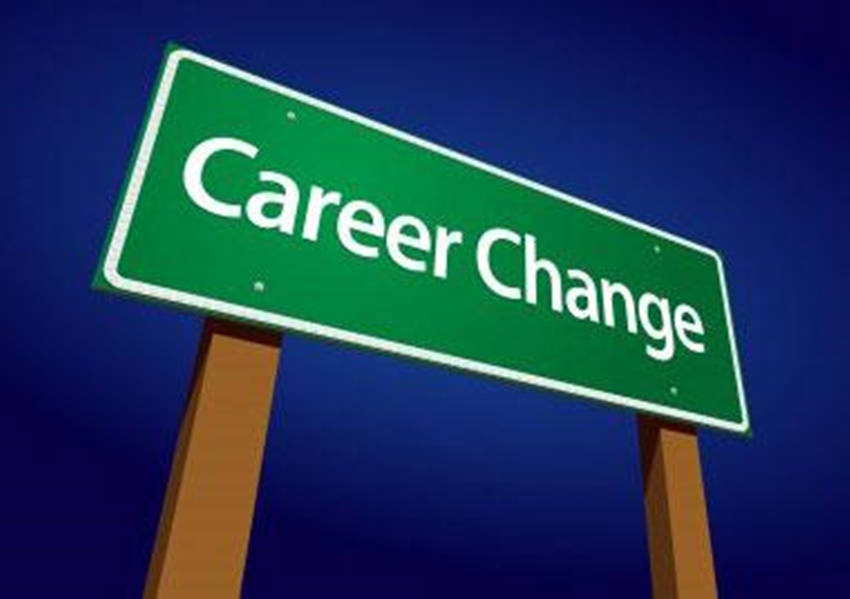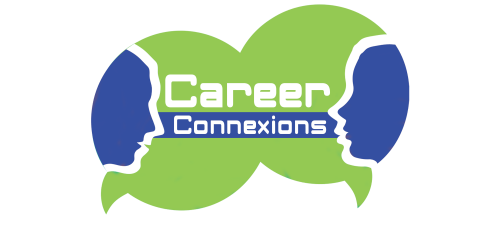According to career change statistics, the average person will change careers five to seven times during their working life. These changes can include significant moves such as different yet related fields or entirely new disciplines where new skills are required.

For example, you may be mid-career working in marketing or administration and have both the time and money to invest in schooling or training. You may want to move into an industry growth area such as healthcare. Or you may want to work in an area that you deem more meaningful such as social work.
On the other end, career changes can be more subtle. For example, you may start out at a firm as a mining engineer, become an environmental engineer, then start your own firm or even get your M.B.A. Another industry is possible. Take your pick!
In today’s world, job change, and in turn, career change in whatever degree as mentioned above, is the norm

So, why do people change careers? There are three main reasons:
Lack of engagement. One report found that only one-third of Baby Boomers and Gen Xers are engaged in their work. This reason would fit with feeling a need for a challenge, opportunity to move (mostly upwards) in your organization, or simply “boredom”. Maybe you have skills that you want to use but do not seem to be in the right field or place to use them.

Unhappy at work. The same report found that all generations are unhappy at work to some degree. Interestingly, college-educated employees report greater unhappiness than do those who stopped at high school. Perhaps (more) highly educated people may have higher expectations and therefore find career disappointments more easily.
Change in personal circumstances. This can cover a very broad range including losing a job (in a low demand field), family, health, being out of work for more than a year, need for more money, etc.
For you, there may be others or a combination of the three above reasons

So, what do you do once you have identified a career change as an option? To start, it is important to consider the following:
- You are moving from a place of certainty to one of uncertainty. A career change is not for the faint of heart!
- The new job and career need to be attainable. It is not just a question of finding a training program, having enough money to pay for it, and the time to study or train. Do not forget, you are more than likely still working your current job! The point is managing your work-life (and now training) balance!
- The place you are moving to must improve your situation while making sure that when you begin to apply and network for that first new career job there is a viable market.
This may seem overwhelming. Keep in mind you will meet new people along your new career path. Fellow students like yourself, teachers, and other experts will be there to share their experience. And of course, Career Connexions is always available should need help mapping out, implementing, and ultimately landing that new career job!
